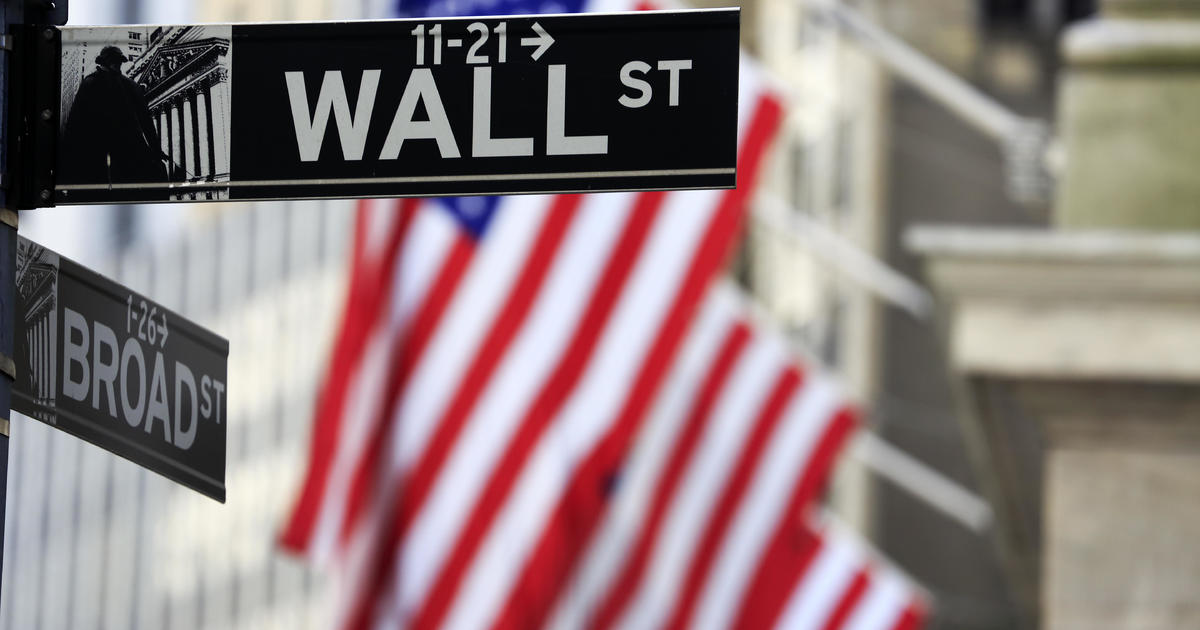U.S. stocks plunged for a third consecutive trading day, with the Dow Jones Industrial Average shedding more than 1,200 points, amidst growing fears of an economic downturn sparked by a sharp slowdown in hiring and weakening consumer spending.
At the start of trade, the S&P 500 shed 199 points, or 3.7%, to 5,147.88, while the tech-heavy Nasdaq Composite sank 4.6%. Investors are fleeing the Big Tech names that until recently had powered the U.S. market higher: Apple and Meta both fell about 5% in early trading, while chipmaker Nvidia tumbled 10%.
The Dow Jones Industrial Average fell slightly below 1,000 points, or 2.4%, to 38,796 as of 10:15 a.m. Easter, after sinking as much as 1,238 points.
Stocks began losing ground on Thursday after weak reports on manufacturing and construction, which stoked fears the U.S. economy may finally be buckling under the pressure of high interest rates. Then on Friday, government data showed that hiring last month was far weaker than expected, adding to Wall Street’s fears that economy’s so-called “soft landing,” in which the U.S. economy could avoid a recession despite the highest interest rates in 23 years, could instead become a hard landing.
“The main factor that has staying power is the economy’s slowdown,” wrote Wells Fargo head of global investment strategy Paul Christopher in a Monday research note. “Investors have been watching household financial stress build for the past two years, but during that time, job growth remained above its December 2009-December 2019 average of 180,000 new jobs per month.”
But Friday’s jobs report showed that employers added only 114,000 new jobs last month, far fewer than the 175,000 jobs expected by economists, he noted.
The market rout extended to Asian and European markets, with Japan’s benchmark stock index plunging 12.4% on Monday. The Nikkei had dropped 5.8% on Friday, making this its worst two-day decline ever.
Stocks in Korea and Taiwan also fell sharply, with all three Asian markets damaged as investors pull back from companies focused on artificial intelligence out of concern the sector has been overhyped.
European markets also opened lower Monday, with Germany’s DAX down 2.3% at 17,267.00. The CAC 40 in Paris lost 1.9% to 7,114.33 and the FTSE 100 in London was 2.1% lower at 8,004.19.
However, even with Monday’s rout, U.S. stocks still remain positive territory for the year. The S&P 500, for instance, has gained 9% so far this year, even after including the stock market plunge of the prior three days, while the Dow Jones Industrial Average remains up by 3%.
When will the Fed cut rates?
With the disappointing economic data, Wall Street is worried that the Federal Reserve may have kept its benchmark interest rate too high for too long, heightening the risk of a recession. The central bank kept the federal funds rate unchanged when it met on July 31 to discuss economic conditions and whether and when it should begin cutting rates.
A rate cut would make it less expensive for U.S. households and companies to borrow money, but it could take time for the effects to boost the economy. On Monday, some investors called for the Fed to start cutting rates sooner rather than later to stave off an economic downturn.
“The Federal Reserve needs to start easing monetary policy more aggressively than had been anticipated, in order to head off a looming recession in the world’s largest economy,” said Nigel Green, CEO of deVere Group, an independent financial advisory and asset management firm, in an email. “The Fed was behind the curve at the beginning of the cycle, it cannot afford to be behind the curve this time too.”
U.S. recession far from certain
Even though worries over weakness in the U.S. economy and volatile markets have rippled around the world, the U.S. economy is still growing, and a recession is far from a certainty.
For one, the economy remains robust, with second-quarter GDP data showing growth at a 2.8% annual rate. That far exceeded economists’ expectations of a weaker 1.9% annual pace of growth. A recession is typically marked by two consecutive quarters of negative GDP.
And even though July’s jobs report was disappointing, analysts point out that it reflects just one month of data, and caution that investors should hold off on judgement given that hiring could have also been impacted by Hurricane Beryl.
“It can be a mistake to read too much into a single data release,” noted Solita Marcelli, chief investment officer Americas at UBS Global Wealth Management, in a Monday research note. “The number of people who reported being unable to work due to the weather was 436,000; this compares to an average of 33,000 for July since 2000.”
—With reporting by the Associated Press.
